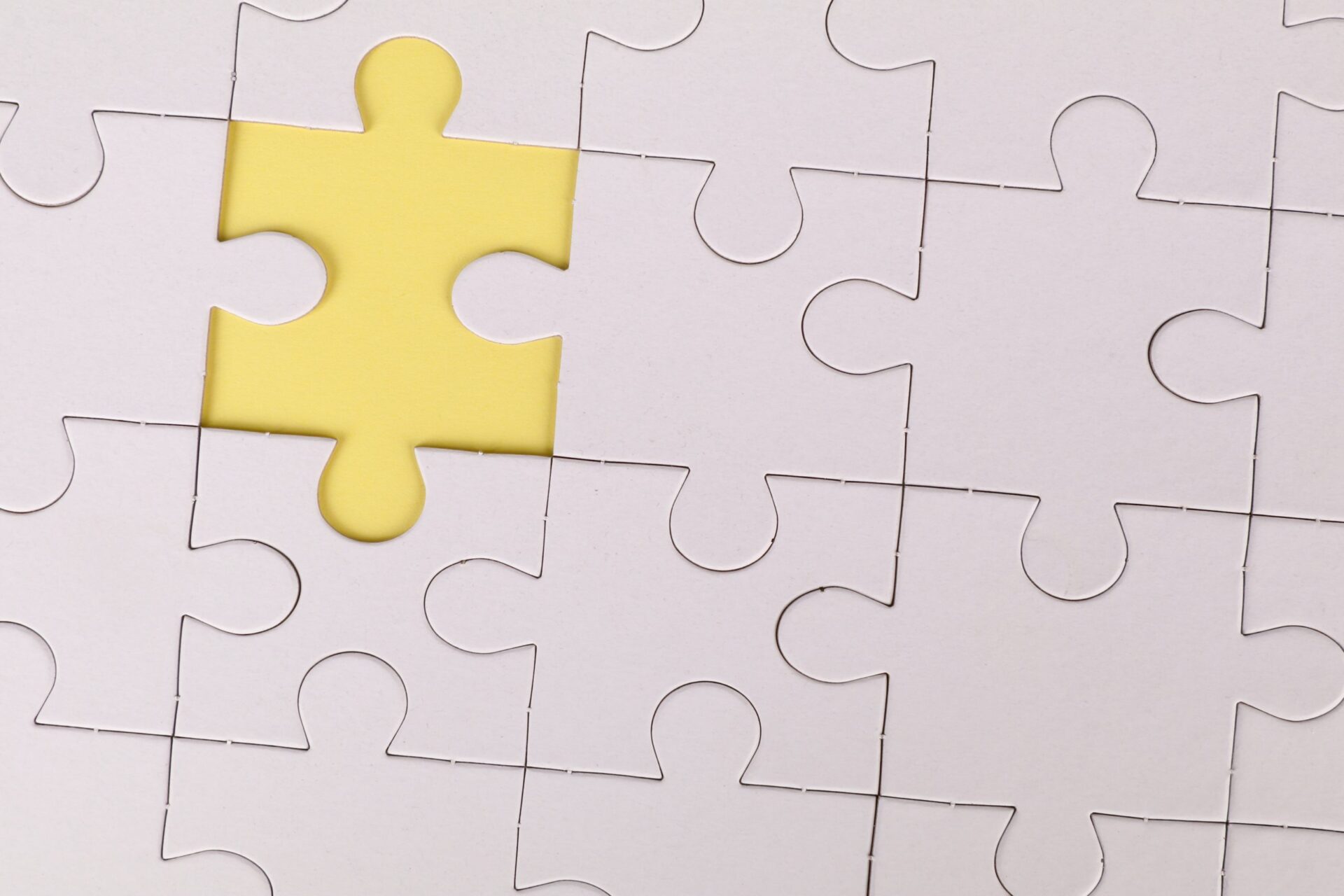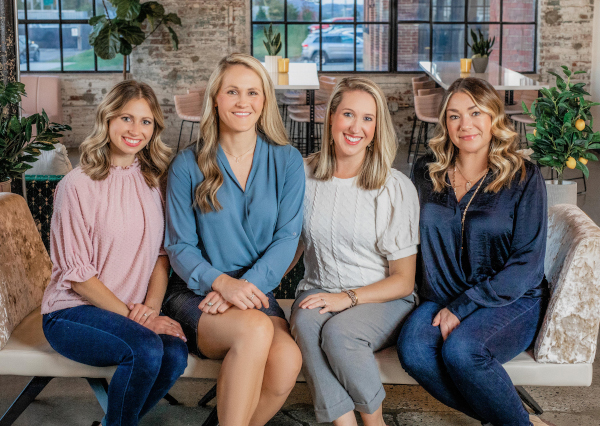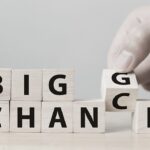I loved doing jigsaw puzzles when I was little. I still do actually, but I rarely create time for them these days. The final product was rewarding, but the process was more enjoyable for me… finding a strategy for how to begin, then feeling the satisfaction of each piece clicking into place as the image started to take shape.
As I created the Know You Project, at some point I realized that I was subconsciously approaching helping people in a similar way.
With a jigsaw puzzle, you can choose to be guided by the picture on the box (unless you’re like my aunt, who prefers the challenge of doing them without using the photo). You know what the outcome will look like.
It’s not quite that simple when you’re navigating the best fit for a fulfilling occupation. Someone who reaches out for career consulting is generally seeking help finding the picture at the end.
That’s where we like to get involved.
I like to think of our work as helping clients begin by identifying several different pieces of their career exploration journey. As we facilitate the steps, we’re constantly keeping our mind on the puzzle as a whole. Each session serves as a chance to examine multiple pieces up close, then use our knowledge of the tool or exercise to draw connections towards that final image of overall fit and application.
An interesting element to this process, I’ve found, is how varied the potential application can be, regardless of the result of any given discovery tool. Similar pieces can still lead to different outcomes. I may have clients with overlapping assessment results, but their unique life experience, financial/logistical needs, or personal situation are usually very different. For example, someone with a similar result on a personality and career inventory may have a different set of strengths, causing the execution to be different. One may be at the beginning of their career with lots of flexibility to move for a job, while another may be established with a family and not as willing to relocate. One may be eager to go back and get an advanced degree, one may be opposed to more school. Therefore, we take all of those factors into consideration as we build the picture.
I tell people that they can go online and take any free assessment they want. There are several out there. But even clients who come in having completed an exercise or two may struggle to fully see how the information makes sense. I believe a large part of the value we add as consultants is giving a place for the spinning thoughts/questions/ideas to land. Then we create a filter through which we see those thoughts that is rooted in personal insights, as well as scientific data.
I guess I subconsciously put together my own grown-up version of puzzle-making.
Pay attention to what you like to do when you’re little.
It just might end up playing a significant role in what you ultimately love to do as an adult.

 We strive to equip clients with the knowledge, support, and customized tools needed to gain forward momentum.
We strive to equip clients with the knowledge, support, and customized tools needed to gain forward momentum. 



